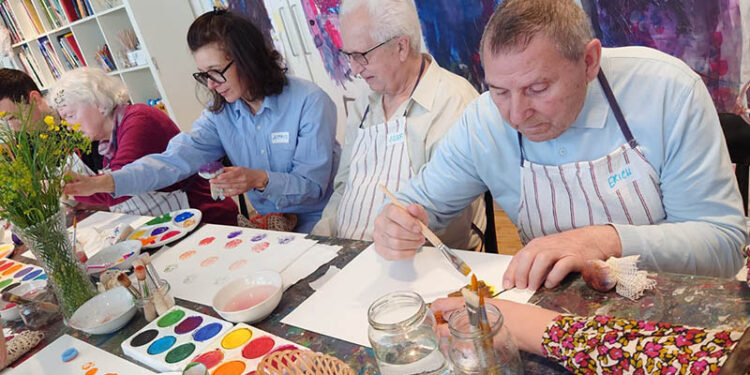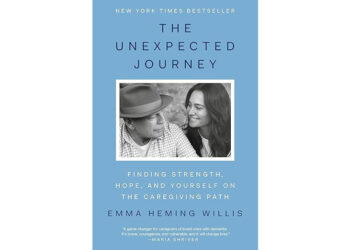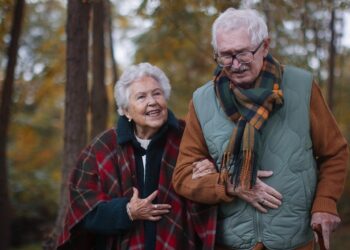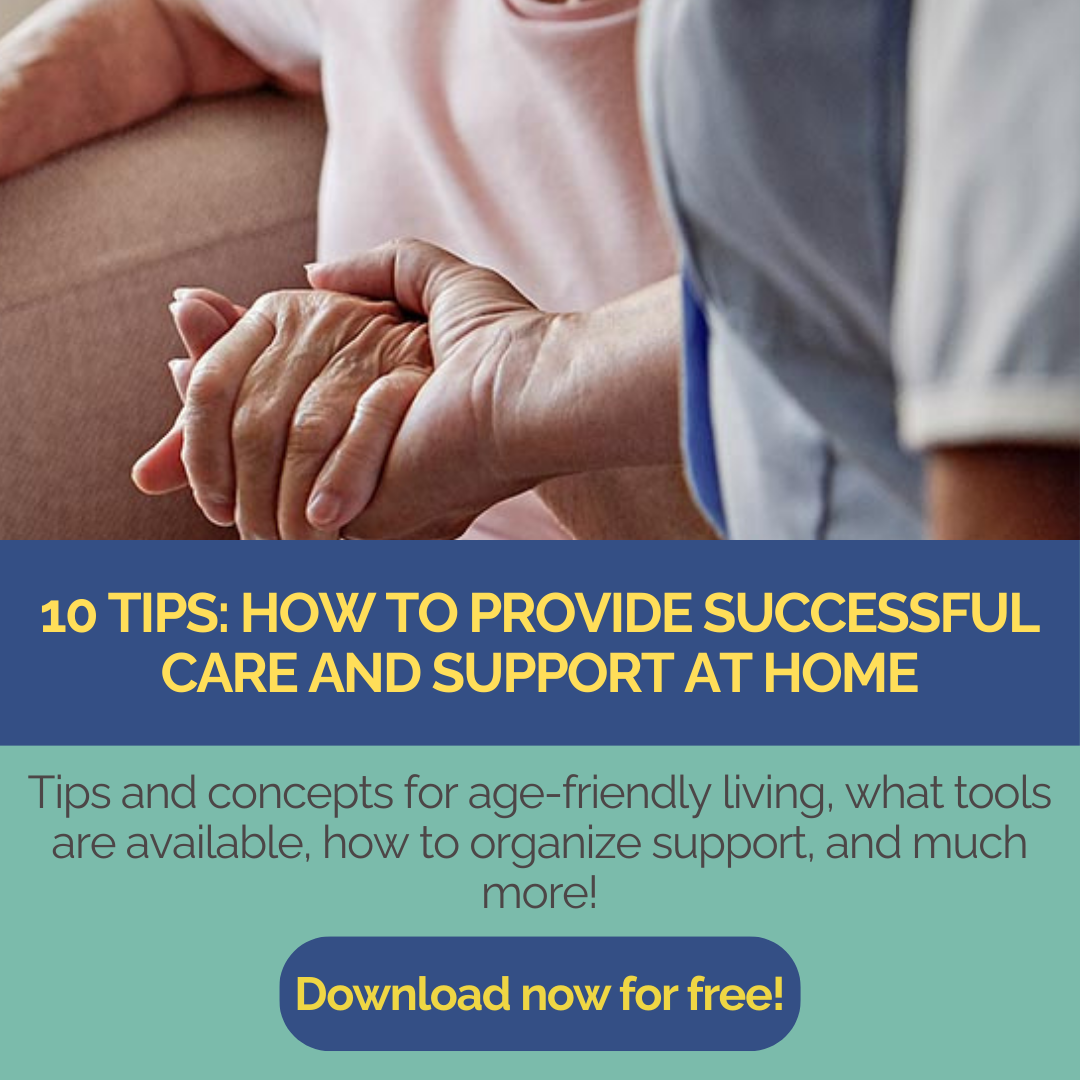Dieser Beitrag ist auch verfügbar auf:
Deutsch
In times of demographic change and increasing loneliness in old age, day care centers are gaining in importance. They offer older people structure, social contact, targeted care and, above all, one thing: Participation in life.
My interview partner Marianne Buchegger is the director of the day care center on Vienna’s Rennweg and we asked her: When does it make sense to visit a day center, what do these facilities offer and how do they contribute to participation in social life?
When a day care center makes sense
For Marianne Buchegger, day care centers are an indispensable service in a modern urban structure. “They offer valuable support for older people with and without dementia and their relatives,” emphasizes Buchegger. “Day care centers enable people to live independently in their own homes for longer.”
Why we dedicate ourselves to the topic of day care centers:
Day care centers are becoming increasingly important, and they are far more than just care facilities: Day care centers create encounters, enable participation and give older people structure and enjoyment of life. Particularly in view of the growing loneliness in old age, they offer a safe and supportive environment – for people with and without dementia. They also relieve the burden on relatives, who often juggle multiple roles between family, work and care.
In this article, we would like to show what opportunities day care centers offer, how they work and why they can be a valuable support for many families. Because: Participation in life and enjoyment of life should remain possible for everyone – into old age too.
But how does this work in practice? Day care centers are partially outpatient services. Guests generally arrive at the day care center in the morning, usually with a transport service or independently. There they spend the day together with other guests: With varied activities, shared meals and social interaction. They are taken home again in the afternoon.
It is precisely this structured, communal setting that helps older people to remain in their own homes – which is a matter close to many people’s hearts. Loneliness is a key issue here. “Loneliness is a big problem today. Not only in big cities, but increasingly in rural areas too,” explains Buchegger, “Day care centers make an important contribution here: They create places where people can meet and participate in society. Families often come to us because they notice that their grandmother or grandfather is becoming increasingly lonely at home. At the day care center, many older people are able to thrive again.”
For day care centers, there are also only a few hurdles that need to be taken into account: “There is no need for a care level, nor is a special medical condition necessary. Of course, there are day care centers such as the CS Caritas Socialis multiple sclerosis day center, where a diagnosis is required. But in all other day centers, people with and without dementia can become day guests,” emphasizes Buchegger. (Please note: This information is valid for Vienna, please check the offers in your region.)
The density of day care centers is particularly high in Vienna: “In Vienna, we are in the comfortable situation of having at least one day care center in every district,” says Buchegger. Three are run by Caritas, all others by other providers. The Viennese day care centers are funded by the city for all people with their main residence in Vienna and are open to all older people.
How a first day works
If you are unsure whether a day care center might be right for you, there are two easy ways to get a first impression. Many facilities offer the opportunity to get to know the services on offer in a relaxed atmosphere. Marianne Buchegger: “If someone wants to come to us, the first step is always to get to know us. I invite interested people and their families to simply come and have a coffee with us.” During this visit, the team talks about everyday life at the day care center and shows guests around the rooms.
For Buchegger, this personal introductory meeting is a key building block – especially for people with dementia: “Experience shows that the first conversation and guidance are very important for building relationships and trust. People with dementia in particular need this opportunity to slowly and safely get to know their new environment.”
Another opportunity to get to know everyday life at the day care center is the taster day at CS Caritas Socialis. They drink coffee together, take part in activities and enjoy lunch. After these impressions, a joint decision is made as to whether the visits should become a regular occurrence or whether, for example, another taster day is needed to get an impression of everyday life.
“How do I tell my grandmother that she needs support?”
The step into the day care center is often a big hurdle, explains Buchegger: “It’s a challenge for many to say: ‘I’m going there now’. Because it also means admitting that something has changed.” Additional uncertainty often arises due to the close proximity of many day care centers to care facilities.
This is precisely why it is so important to address and reduce fears at an early stage. For relatives, the journey to a day care center is often a long – and emotional one. Many spend months trying to win their loved one over to the service – sometimes without success. The introductory meeting and the taster day help to build trust and clarify any worries: “This quickly gives many people a good feeling – and a real sense of anticipation for their first visit.”
Marianne Buchegger understands this reservedness, because getting older is always associated with loss: “Life is no longer the way it was. And in my own perception, I am still the way I was. That’s what makes it so difficult to accept change.” It is important for relatives to keep reminding themselves of the emotional situation in which those affected find themselves: “It’s not just about the need, but about the pain of change. Accepting that life has changed is a deep process that needs to be accompanied.”
A day care center can be a gentle new step. But it requires understanding, patience – and above all the knowledge: “The person who comes brings their history, their losses and their pain with them.”
The coming together of old and young generations is more than just a nice moment - it creates mutual understanding and strengthens social cohesion. Credit: Caritas Socialis
The day care center offers a wide range of activities - here these two are "wuzzeln" or "foosball" together - Credit: Caritas Socialis
Some simply take the time to read the newspaper - Credit: Caritas Socialis
Painting together - Credit: Caritas Socialis
The focus is on fun! Credit: Caritas Socialis
Baking together - Credit: Caritas Socialis
Virtual reality glasses enable travel and impressions without being on the move. Credit: Caritas Socialis
The invisible burden of relatives: Why they need support too
It is not only the affected person who is affected by change. Their relatives also experience this change – often painfully and ambivalently.
Marianne Buchegger describes this double experience of loss very impressively: “The relatives experience that something is changing.” This process takes time, and the emotional confrontation is often just as intense for relatives as it is for the affected older people themselves: “It takes just as long and intense for relatives to appreciate and accept this as it does for the people who are in the process themselves – whether they have dementia or not.”
The CS Caritas Socialis team makes a conscious effort to keep both sides in mind: “Both the families and the people who come to us are in a process, struggle with their own concerns and needs.” Understanding this double burden is a central component of the work at the day center. Because only when both sides are supported can a space be created in which new perspectives and relief are possible.
This balancing act is particularly challenging for family caregivers: “It is one of the greatest challenges to endure your own experience of loss – and at the same time to support the other person in their experience of loss and to endure that too.” This balancing act inevitably leads to emotional tension and major challenges: “Especially when dementia develops, there are a lot of ups and downs in these processes. As caregivers, we have to support them and encourage their relatives to seek support themselves.”
The many roles of the often female caregiving relatives
The role of carer is still very much a female one: While the number of men providing care is growing, women still bear the main burden. Marianne Buchegger observes this time and again – both in her day-to-day work and in her own environment: “Even in very reflective family systems, we see that the majority of care work falls to daughters, daughters-in-law and grandchildren.”
This makes it all the more important to be aware of the many roles that family caregivers play: “Family caregivers often have many roles at the same time. They are mother, wife, organizer, carer, assistant, emotional support – and last but not least a grieving person.” This emotional burden is exacerbated when caring for someone with dementia: “Living with someone with dementia is a long farewell. You need a lot of strength, a lot of time and a lot of support – otherwise it’s almost impossible to manage.”
Fortunately, according to Buchegger, there are more offers for family caregivers today than there were a few years ago. From self-help groups and psychological support, starting with political interest groups such as IG Pflege, to concrete offers of relief such as free psychological home visits (e.g. via the Austrian Ministry of Social Affairs service).
What is often missing is an awareness of their own burden. Buchegger therefore appeals to relatives to be aware of their many roles again and again: “The clearer I can see for myself: I am in need right now, I need to rest, I need support – the better I can deal with it. It’s not about being perfect. It’s about not forgetting yourself.”
Because only those who protect themselves can really endure the long journey of care support – and remain healthy and stable for themselves in the process. Buchegger concludes: “Day centers are a valuable resource for this very purpose: They relieve the burden on relatives and create space so that they can maintain their strength. At the same time, they actively involve those affected and thus enable everyone involved to enjoy a better quality of life.”
Thank you for the interview!
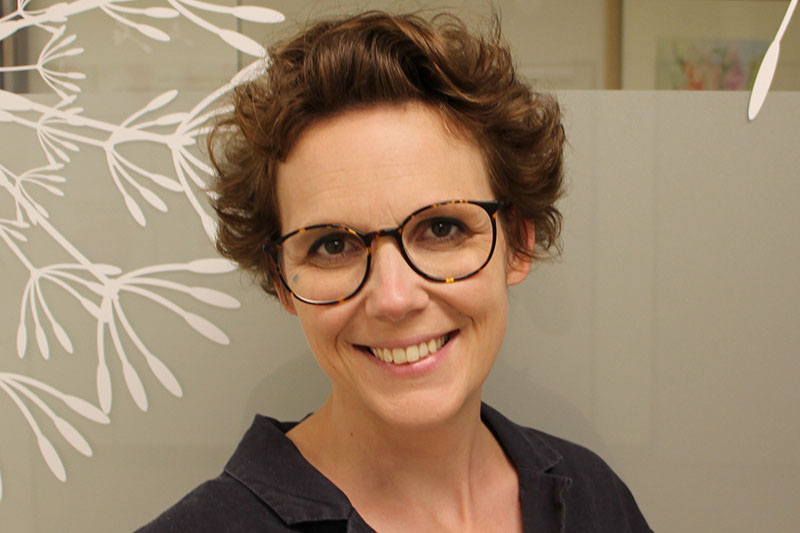
You can find more information about day care in Vienna at Vienna Social Fund www.fsw.at.
More about Marianne Buchegger: Marianne Buchegger runs the day care center for senior citizens and people with dementia on Vienna’s Rennweg. She also runs the “Accompanying people with dementia” course at Kardinal König Haus Vienna and is the coordinator for the dementia-friendly 3rd district of Vienna.
As blog representative of Hospiz Österreich, you can regularly find blog posts by Marianne Buchegger online, e.g. on derstandard.at: Dementia needs community (in german)
Author: Anja Herberth
Chefredakteurin


